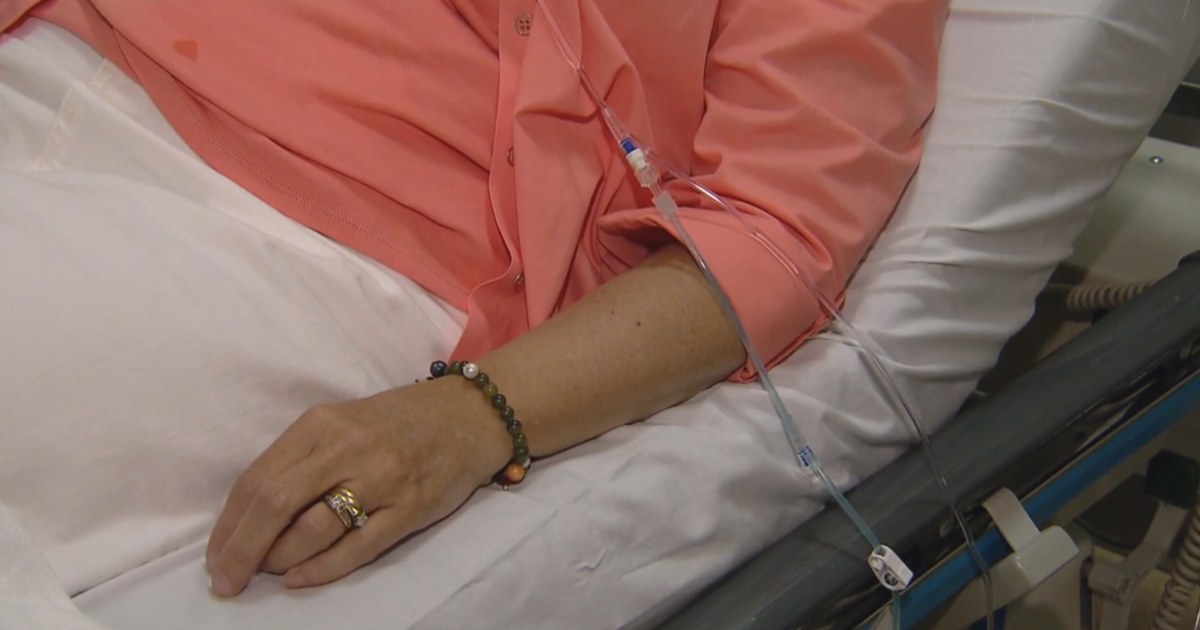Fewer Crashes When Doctors Report Unfit Drivers
Sept. 26, 2012 -- Nobody wants to hear that they are unfit to drive -- or have that on their medical records.
Yet people who are officially warned that they are unfit to drive have 45% fewer serious car crashes over the next year, say University of Toronto researcher Donald A. Redelmeier, MD, and colleagues.
"Warning patients who are medically unfit to drive may reduce the risk of road crashes," the researchers conclude.
This benefit comes at a cost.
"The data also suggest that physicians' warnings to unfit drivers are associated with a significant increase in depression, can compromise the doctor-patient relationship, and still do not reduce the patients' risk to the level of risk in the general population," Redelmeier and colleagues note.
Paying Doctors to Report Unfit Drivers
Redelmeier's team analyzed data from the Canadian province of Ontario. Since the late 1960s, doctors in Ontario have had the duty to report any patient "suffering from a condition that may make it dangerous for the person to operate a motor vehicle."
Few doctors issued such reports. So in 2006, Ontario began paying doctors about $36 for reporting they'd given a patient an unfit-to-drive warning. As a result, about 10% to 30% of these patients had their driver's license suspended.
The researchers identified more than 100,000 people who received unfit-to-drive warnings. They looked at hospital records to see whether those people had been treated for car-crash injuries in which they had been the driver -- in the three years before they were warned, and in the year after they were warned.
Before getting a warning, the drivers averaged 4.76 crash injuries per 1,000 drivers per year. In the year after the warning, the drivers averaged 2.73 crash injuries per 1,000 drivers.
That's a drop of 45%, but it's still higher than the injury rate in the general public. Drivers who had not had an accident before being warned not to drive had the biggest drop in their injury rate.
Downside of Reporting Unfit Drivers
Even though they still got regular medical care, 29% of patients who received unfit-to-drive warnings saw less of the doctor who reported them. That includes the 10% who stopped seeing the reporting doctor altogether.
After receiving a warning, patients were more likely to visit an emergency department for depression.
Doctors need to use their judgment about which patients are the most likely to benefit from a warning, the researchers write.
In the U.S., the American Medical Association's ethics code says doctors should assess physical or mental impairments that might affect patients' ability to drive. But doctors don't always have to report such impairments to their state Department of Motor Vehicles.
Some states have mandatory reporting requirements that doctors must follow. Otherwise, the AMA says:
- Doctors must be able to clearly identify and document what it is that affects a patient's driving ability.
- The driver must present a clear risk to public safety.
- Before reporting, the doctor must have a "tactful but candid discussion with the patient and family," including asking the family to decide on a restricted driving schedule for the patient.
- Doctors should report patients only when there is clear evidence their advice not to drive has been ignored.
- Doctors should explain to patients their obligation to make a report, and to tell patients when they have made a report.
- Doctors should respect patient confidentiality "by ensuring that only the minimal amount of information is reported."
The study appears in the Sept. 27 issue of the New England Journal of Medicine.
 WebMD Medical News
WebMD Medical News


